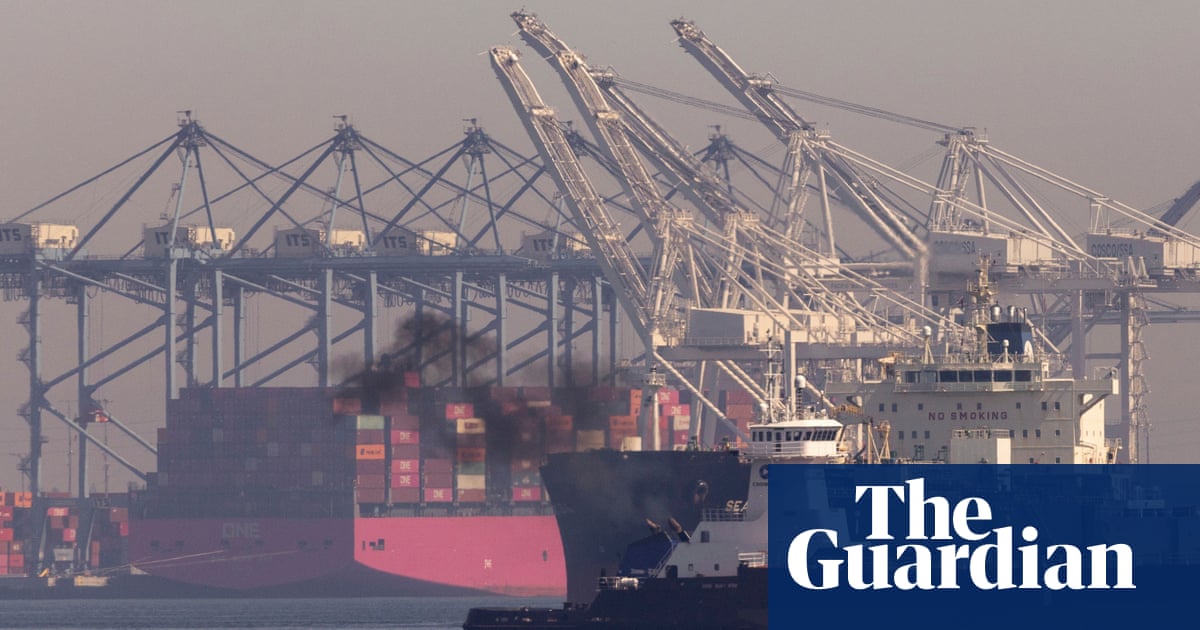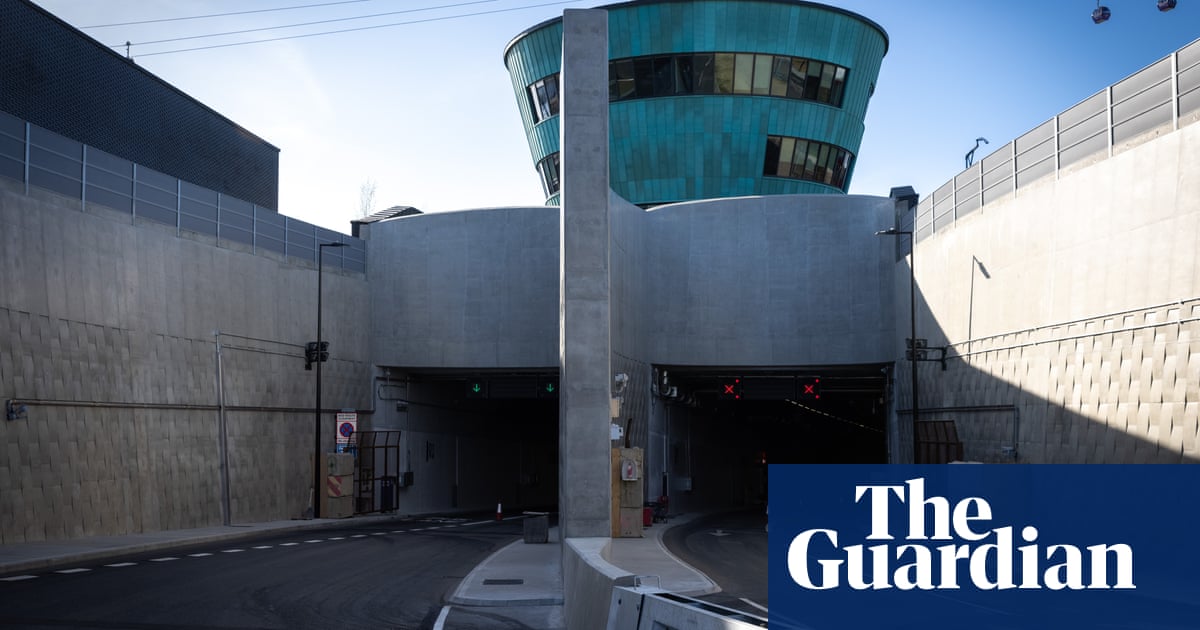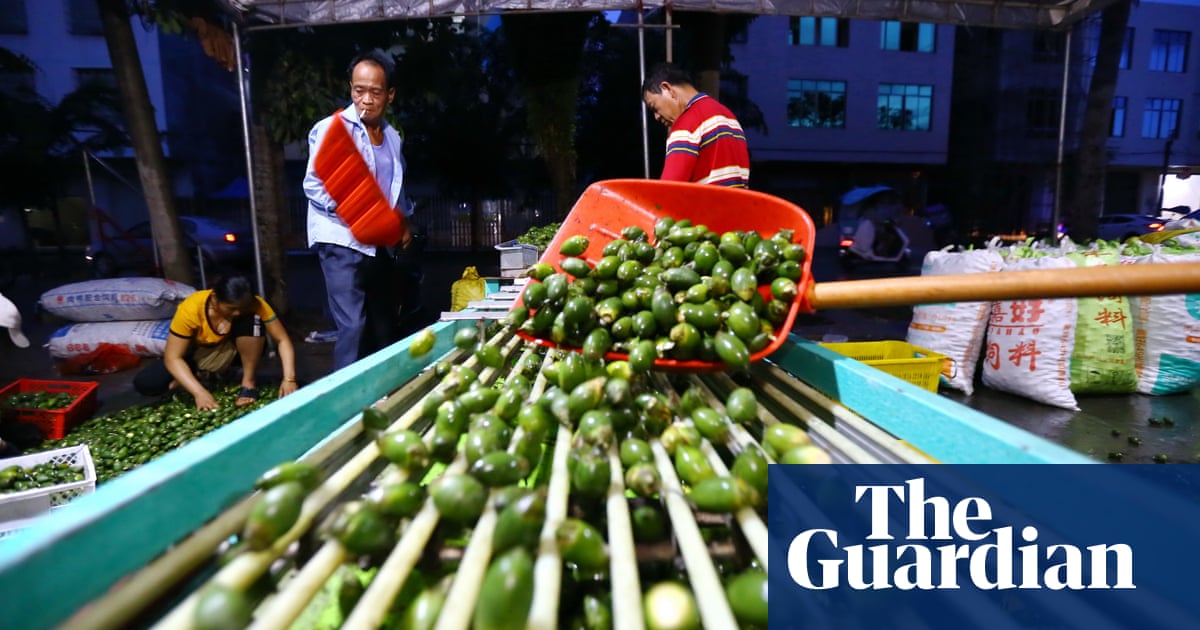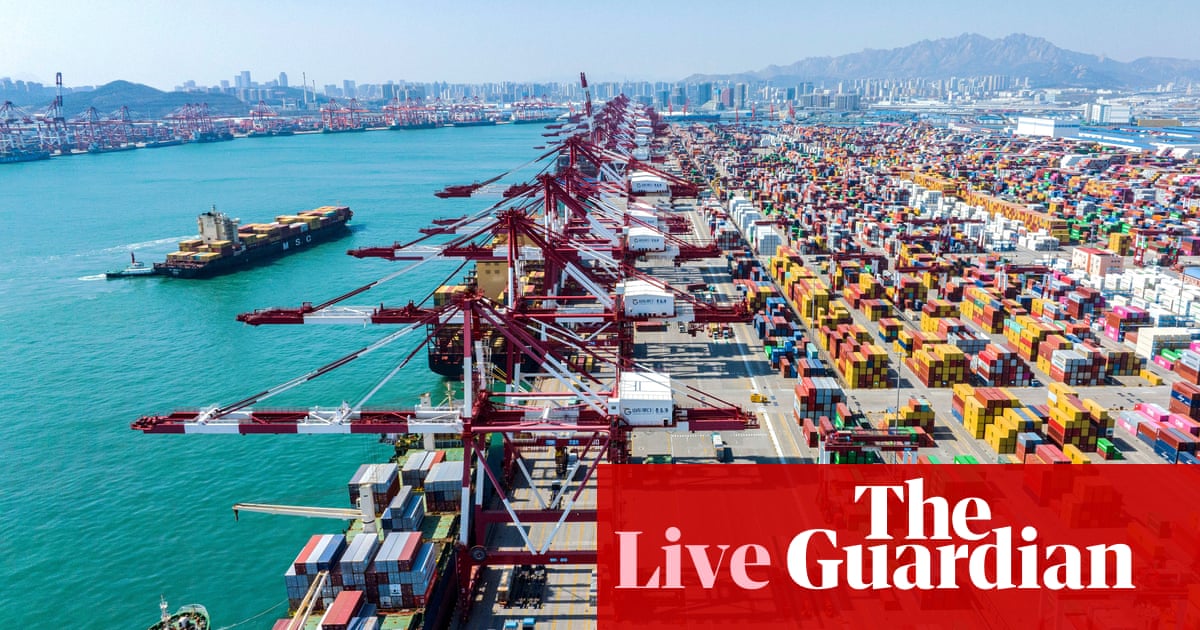Troubled Thames Water will be allowed to increase customer bills by just over a third by 2030 after a decision by the industry regulator, the Guardian has learned.
Ofwat is poised to announce on Thursday that the heavily indebted company, which serves 16 million consumers in London and the Thames Valley area, will be permitted to raise bills by just over half the level the company had demanded.
Ofwat would allow Thames to raise bills by more than 33% over the next five years, far less than the 59% the company had requested, sources said.
The decision does, however, represent a softening in stance from Ofwat which had said in July that its preliminary view would be to allow Thames to increase bills by 22%, equivalent to a £99 increase in the average bill to £535 by 2030.
Thames later said that if it was not allowed to raise bills by 59% – £228 a year by 2030 – it “would also prevent the turnaround and recovery of the company” as relations between Thames and Ofwat appeared increasingly strained.
The company is also poised to receive a fine from Ofwat for two payments it made: a £37.5m dividend in October 2023, and a further payment in March of £150m. This is expected to be far smaller than an Ofwat fine of £104m issued in August after an investigation into sewage discharges and would more likely be in the tens of millions, sources said.
Thames has said it needs to increase bills to spend heavily to maintain its ageing assets, prevent leaks and tackle pollution, which has caused widespread public outrage.
The bill decision, Ofwat’s long-awaited final determination, comes at a sensitive time for the struggling water and wastewater service provider. Earlier this week, it received court approval for a step in the road to securing £3bn in emergency funding from its creditors, as it seeks a painful restructuring in order to avoid temporary nationalisation.
Thames is already in breach of its licence to provide water services as its debt has fallen into junk status. It is also in“special measures”, an unprecedented special step allowing extra scrutiny as it scrambles to stave off falling into government hands.
Without an “urgent” £3bn deal from some debt holders, the company has said it will run out of money by 24 March.
The decision from Ofwat will raise questions about whether Thames, which has about £19bn of debt, will be able to secure fresh funds from its creditors or if they will face a significant writedown on their loans.
In March, investors pulled the plug on £500m of funding, arguing the regulator had made Thames “uninvestible” for shareholders.
after newsletter promotion
Investors have been waiting to see the outcome of Ofwat’s final determination before deciding whether to provide the £3.25bn in equity, on top of the £3bn from creditors, which the company has said it needs to fund its infrastructure spending.
Ofwat had said in its July draft decision it would allow water companies in England and Wales to increase bills by an average of 21% over the next five years. The decisions on the business plans and bills for the other companies will be formally announced, along with that of Thames, on Thursday.
An Ofwat spokesperson declined to comment on the bill increase before Thursday’s formal announcement.
On the decision-making process, they said: “Our intention is to set a balanced package for all companies that delivers for customers, the environment, and ensures the sector remains attractive to investors.”
Thames Water declined to comment.
The political and financial challenges of addressing Thames’s ailing infrastructure have been described in Whitehall as one of the most pressing issues facing the government.
Its plans for managing a potential collapse into temporary nationalisation, codename project Timber, were revealed by the Guardian in April this year. These suggested that Thames could be turned into a publicly owned arm’s-length body, with significant losses for its creditors. It would be one of the biggest nationalisations in more than a decade were it to go ahead.
A spokesperson for the Department for Environment, Food and Rural Affairs (Defra), which has responsibility on water issues, said earlier this year: “As a responsible government, we prepare for a range of scenarios across our regulated industries – including water – as the public would expect.”

.png) 3 months ago
34
3 months ago
34













































